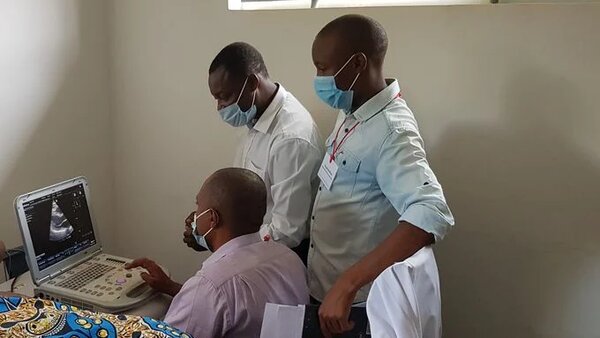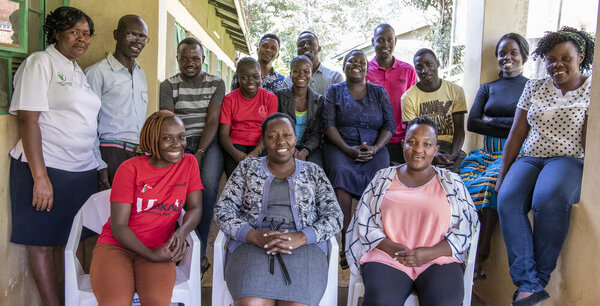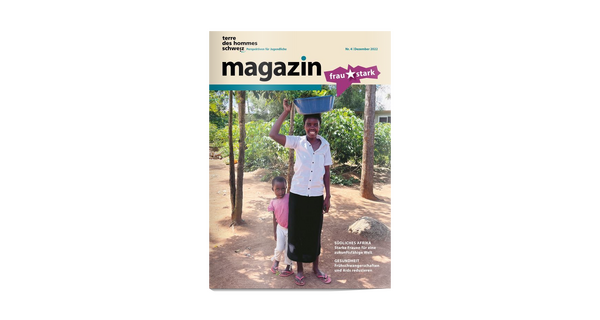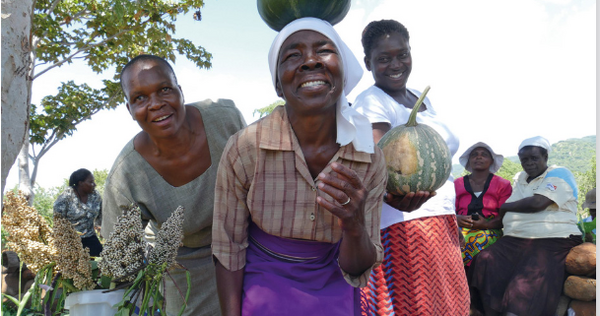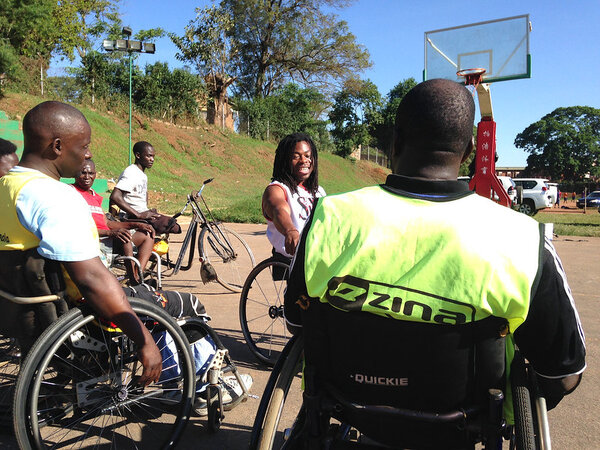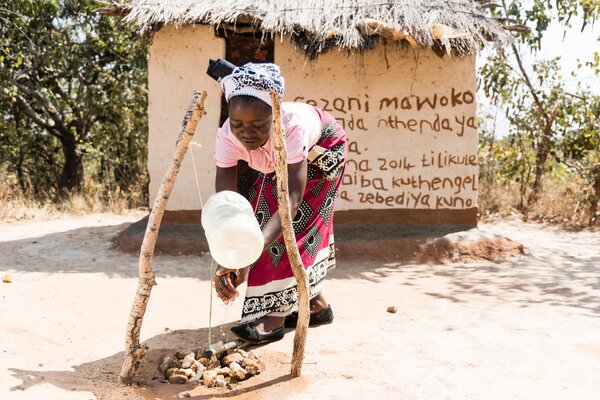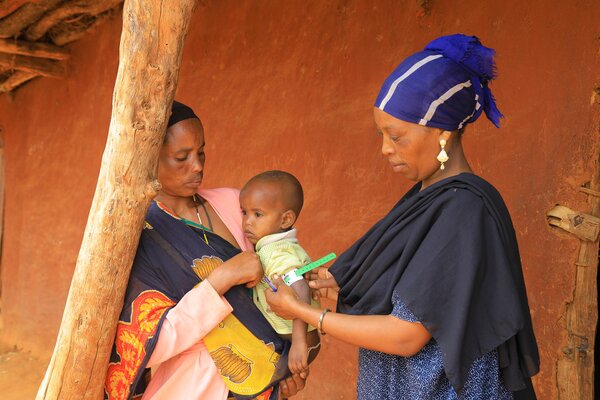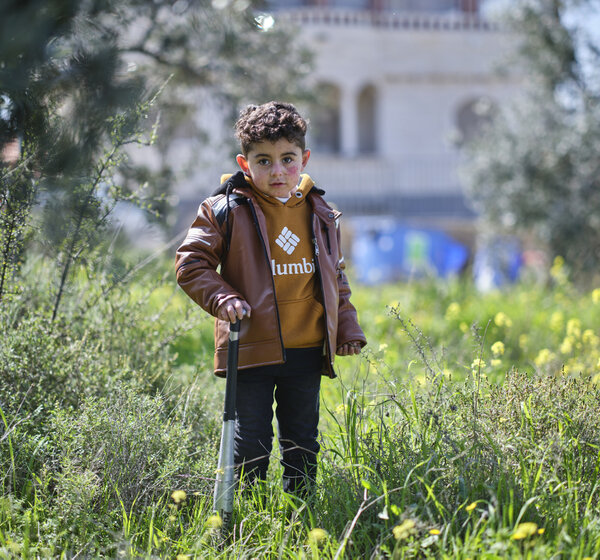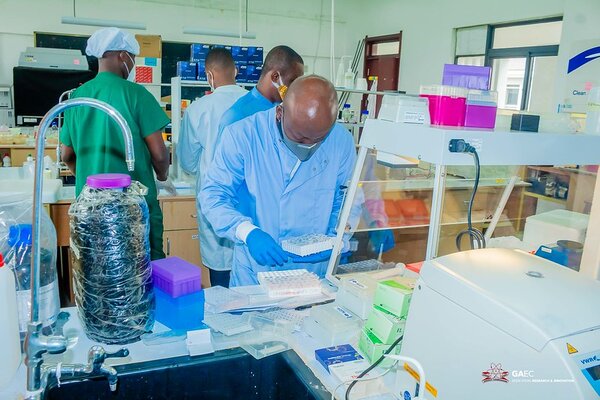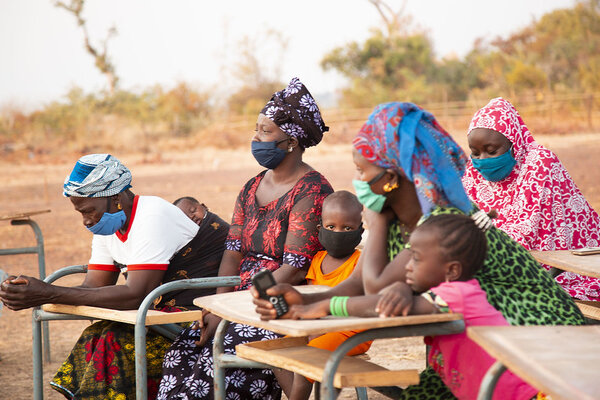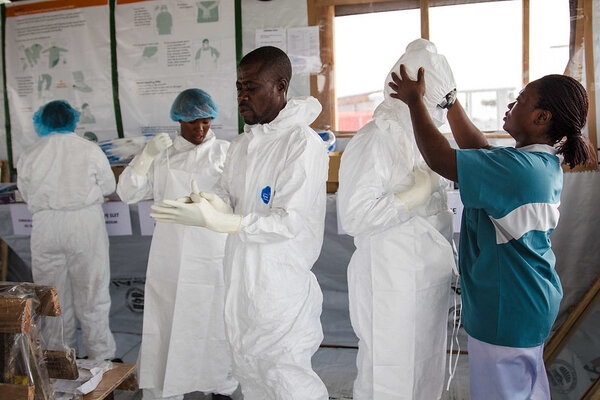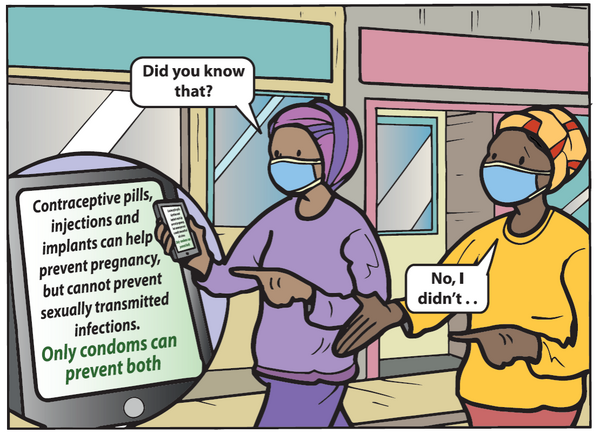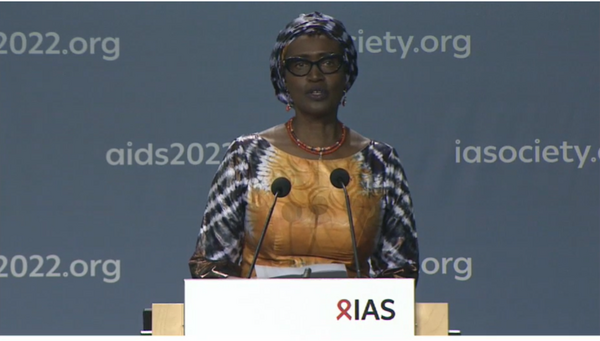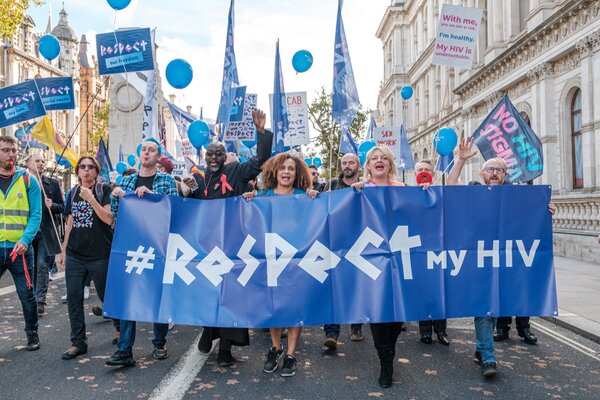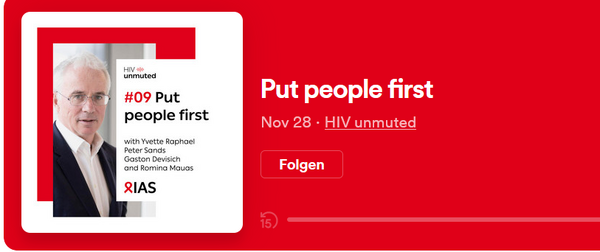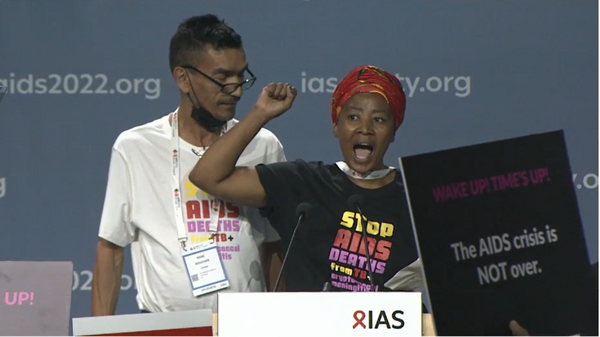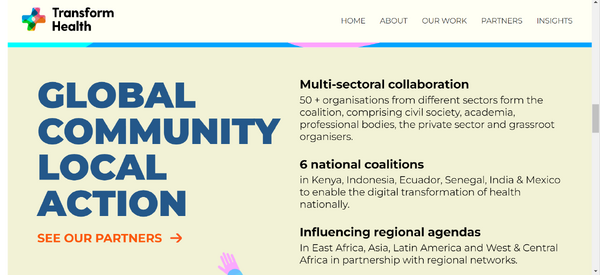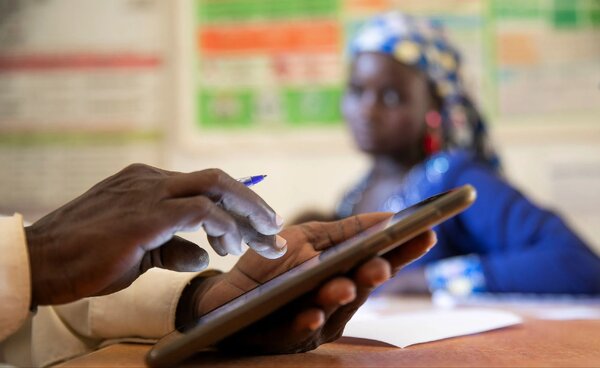Und ein weiteres Jahr der Krisen neigt sich dem Ende zu. Medicus Mundi Schweiz hat sich in diesem Jahr verstärkt mit einer Welt im Krisenmodus beschäftigt und was dies für die internationale Gesundheitszusammenarbeit bedeutet.
Dazu ein paar wenige Punkte: Die notwendige Eingrenzung der Pandemie führte zu negativen Schäden in anderen Gesundheitsbereichen – etwa im Zusammenbrechen von Gesundheitsdienstleistungen für die sexuellen und reproduktive Gesundheit und Rechte oder in der Zunahme von psychischen Erkrankungen. Die wichtigen und richtigen humanitären Aktionen für die leidgeprüfte Bevölkerung in der Ukraine führte und führt zu Umlagerungen von finanziellen Mitteln zulasten von Menschen, deren Leid aus den Medien verschwunden ist. Die internationale Gemeinschaft agiert ausserdem seit drei Jahren im permanenten Krisenmodus und springt von einer Aktion zur nächsten. Sie schafft in der globalen Gesundheit immer wieder neue Finanzierungsmechanismen und fragmentiert und schwächt damit auch die Architektur der globalen Gesundheit.
Oder anders ausgedrückt: Regierungen und internationale Körperschaften tendieren im Krisenmodus durch ihre Reaktionen auf eine Krise dazu, neue potenzielle Krisen zu schaffen. Oft scheint gerade unter dem Zeitdruck und dem Druck der Öffentlichkeit der Blick fürs Ganze verloren zu gehen. Es fehlt ein Stück systemisches Denken, welches es erlauben würde, die Konsequenzen auf andere Bereiche der menschlichen Entwicklung abzuschätzen, die staatliches und über-staatliches Handeln in einer Krise haben.
Dabei gibt es mit der Agenda 2030 international einen Plan, der die verschiedenen Dimensionen menschlicher Entwicklung zusammen denkt. Es sind diese UN-Nachthaltigkeitsziele (SDGs), die ein global gültiges Referenzsystem bilden, das sich durchaus auch in Krisen bewähren würde.
Martin Leschhorn Strebel
Netzwerk Medicus Mundi Schweiz
E-Mail



